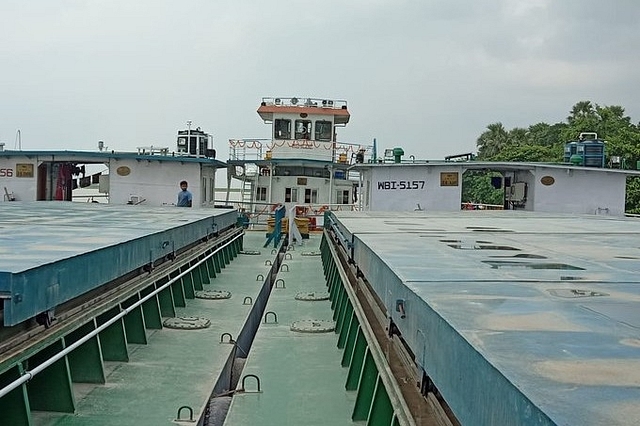
India’s First Ever Cargo movement Via Inland Waterway Commences On 30 October
PepsiCo (India) will move sixteen containers weighing the same as 16 truckloads — filled with food and snacks in the vessel MV RN from Kolkata to Varanasi on river Ganga (National Waterway-1). This will mark India’s first cargo movement through inland waterways, reports Business Standard.
The 16 containers will reach Varanasi in 9-10 days. The waterway mode of transportation is considered both cost effective and environment friendly. The return journey will be with fertilisers belonging to IFFCO that will be procured from its Phulpur plant near Prayagraj.
“This will go down as a milestone moment in the history of India's Inland Waterway Transport sector. It will prove to be another testament for waterways being the preferred transport modal choice among cargo owners owing to its cost effectiveness and environment friendliness," a statement from Inland Waterways Authority of India under the Ministry of Shipping said.
Jal Marg Vikas Project (JMVP) is being implemented by current government for increasing capacity of navigation on NW-1 (Varanasi-Haldia stretch) at a cost of Rs 5,369.18 crore with the financial and technical assistance of the World Bank. This would enable commercial navigation of vessels with capacity of 1,500-2,000 DWT. The government estimates National Waterway 1 on river Ganga to see 21.89 million tonnes (MT) of cargo traffic in the next two to three years
Container cargo transport is expected to reduce the handling cost, allows easier modal shift, reduces pilferages and damage and enables cargo owners to reduce their carbon footprints.